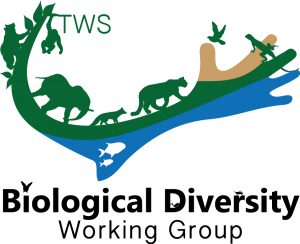
Biological Diversity Working Group
The Biological Diversity Working Group provides an opportunity for TWS members to exchange research and management information relative to the conservation of biological diversity and to contribute to the development of policies and programs that promote the conservation of biological diversity.
Learn More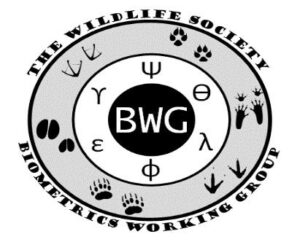
Biometrics Working Group
The Biometrics Working Group promotes the development and application of biometrical methods in the study and management of wildlife resources.
Learn More
Climate Change and Wildlife Working Group
The mission of the Climate Change and Wildlife Working Group is to foster research, professional development, and information exchange on contemporary climate change, impacts on ecological systems, and responsive natural resource management for members of The Wildlife Society.
Learn MoreCollege and University Education Working Group
The College and University Education Working Group of The Wildlife Society fosters the professional development of TWS members working as college/university educators, and improves the quality of higher education in wildlife ecology and conservation.
Learn MoreConservation Detection Dogs Working Group
The Conservation Detection Dog Working Group provides a forum for communication and networking between professionals interested in the conservation detection dog methodology.
Learn More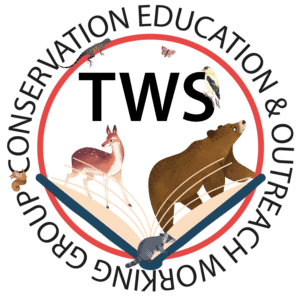
Conservation Education and Outreach Working Group
The Conservation Education and Outreach Working Group (CEOWG) of The Wildlife Society works to instill and foster a land ethic and an understanding of ecological principles among today’s citizens.
Learn More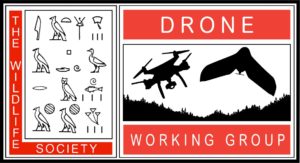
Drone Working Group
The primary mission of the Drone Working Group is to provide support and information to those in The Wildlife Society that use small unoccupied aerial systems (sUAS), or more commonly called drones, in natural resources/wildlife research and management and to see the use of this technology in our profession move forward professionally, ethically, and legally.
Learn More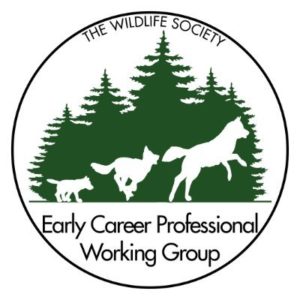
Early Career Professional Working Group
The Early Career Professional Working Group is dedicated to addressing the challenges and opportunities that early career wildlife professionals encounter.
Learn More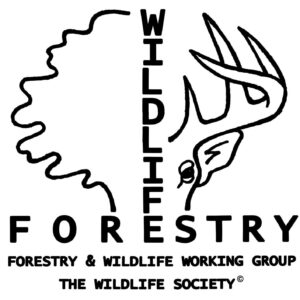
Forestry and Wildlife Working Group
Forest management decisions affect a large array of wildlife species and habitats. The impacts that forestry has on wildlife occur at multiple spatial scales and range across ownership types including National and State Forests, industrial timberlands, and small private woodlots.
Learn MoreHabitat Restoration Working Group
The Habitat Restoration Working Group provides a forum for TWS members to share experiences, techniques, and information relative to restoring wildlife populations and degraded habitats.
Learn MoreHuman Dimensions Working Group
The Human Dimensions Working Group promotes the study and transfer of information relative to human dimensions, social aspects, and policy related to wildlife management.
Learn More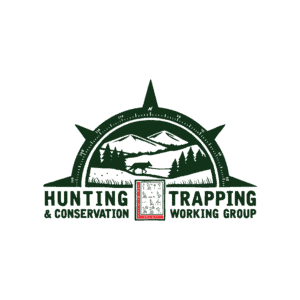
Hunting, Trapping, and Conservation Working Group
The Hunting, Trapping, and Conservation Working Group promotes exploring issues associated with hunting and trapping relative to conservation and management of wildlife resources.
Learn More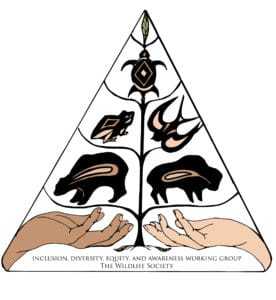
Inclusion, Diversity, Equity and Awareness Working Group
The Inclusion, Diversity, Equity and Awareness Working Group promotes the involvement of minorities and women in the wildlife and natural resource professions, especially in areas such as student recruitment, conservation education, and professional development.
Learn More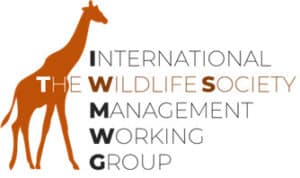
International Wildlife Management Working Group
The International Wildlife Management Working Group provides a forum for TWS members to network with wildlife professionals from around the world on a wide range of issues pertaining to wildlife management and habitat conservation.
Learn More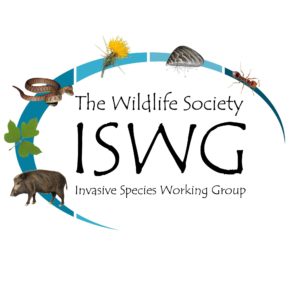
Invasive Species Working Group
The Invasive Species Working Group promotes the control, mitigation, and prevention of invasive species’ introduction to improve natural resources for wildlife.
Learn MoreMilitary Lands Working Group
The Military Lands Working Group is intended to provide opportunities for members to exchange information, meet professionals dealing with similar situations, and promote awareness of natural resource conservation requirements on Department of Defense lands. Contact: tws.mil.lands.wg@gmail.com
Learn More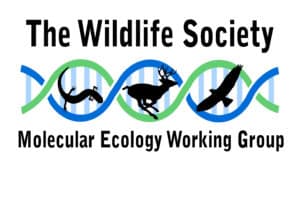
Molecular Ecology Working Group
The Molecular Ecology Working Group aims to promote scientific advancement applying molecular techniques to wildlife ecology, management, and conservation.
Learn More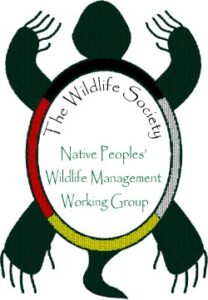
Native Peoples’ Wildlife Management Working Group
The Native Peoples' Wildlife Management Working Group serves as a forum and resource for members of The Wildlife Society to share ideas and information on relevant issues and topics impacting Native American wildlife management.
Learn More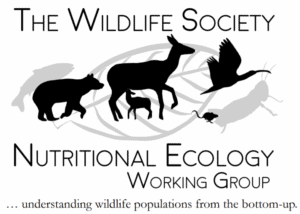
Nutritional Ecology Working Group
The Nutritional Ecology Working Group serves as a forum to facilitate communication and exchange of information related to advancing the science of nutritional ecology as it pertains to conservation and management of wildlife populations.
Learn MoreRangeland Wildlife Working Group
The Rangeland Wildlife Working Group promotes unified efforts in managing rangelands for both wildlife and sustainable use by people.
Learn MoreRenewable Energy Working Group
The Renewable Energy Working Group will focus on wildlife and ecological issues associated with the siting, construction, and operation of renewable energy generating facilities.
Learn MoreSpatial Ecology and Telemetry Working Group
The Spatial Ecology and Telemetry Working Group provides an opportunity for TWS members to address issues of concern to the GIS community and to advance their own skills and understanding of GIS, remote sensing, and telemetry technologies.
Learn More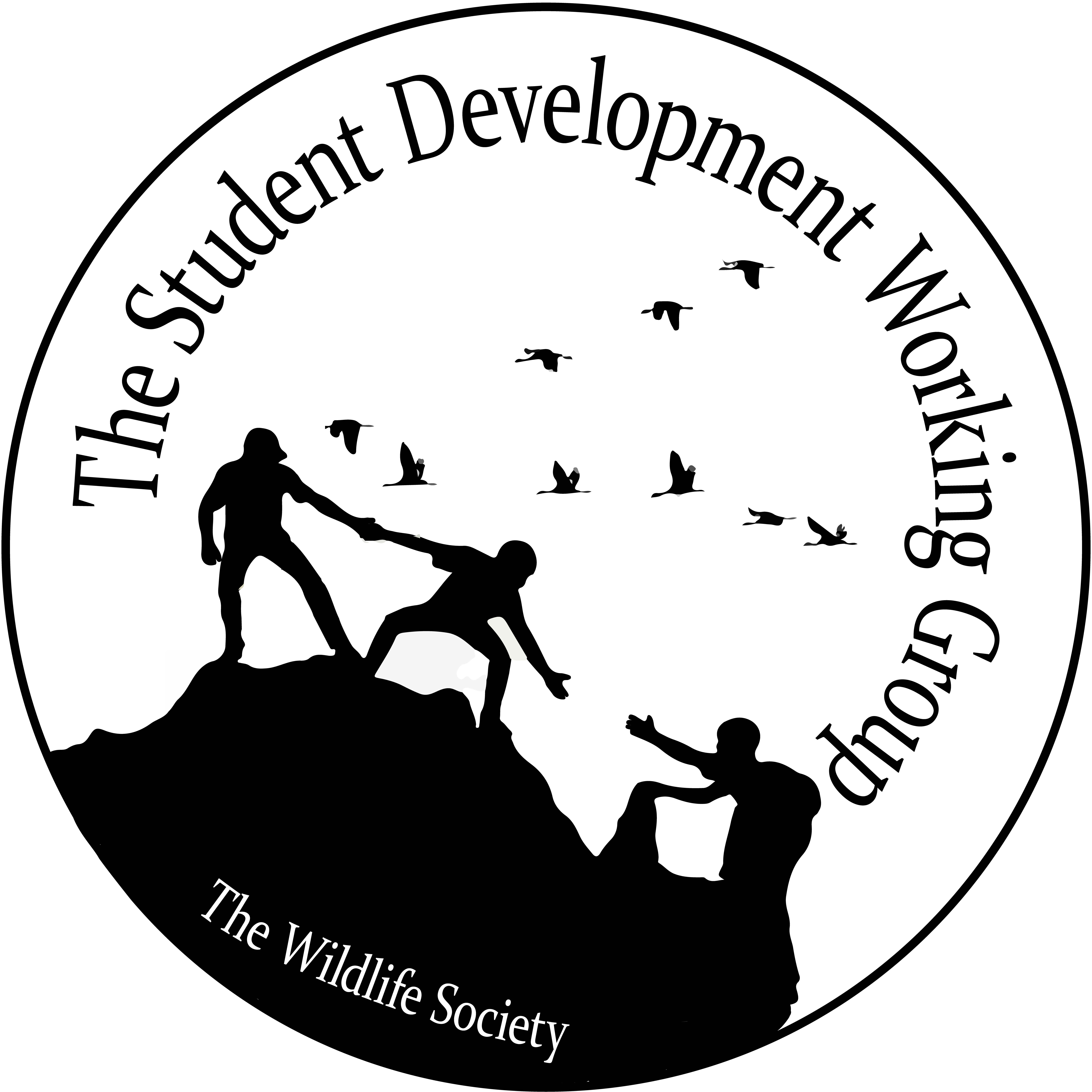
Student Development Working Group
The Student Development Working Group of The Wildlife Society promotes increased student awareness of TWS membership benefits, works to expand knowledge and technical capabilities of student members, and helps prepare student members for professional wildlife careers.
Learn MoreUrban Wildlife Working Group
The Urban Wildlife Working Group provides a forum for TWS members to exchange information relative to urban wildlife and the management of urban wildlife habitat.
Learn More
Wetlands Working Group
The purpose of the Wetlands Working Group is to provide a forum for TWS members with common professional interest to communicate, exchange information, facilitate continuing education and increase public awareness
Learn More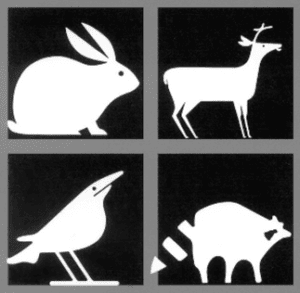
Wildlife Damage Management Working Group
The Wildlife Damage Management Working Group promotes better understanding of the challenges of managing human-wildlife conflicts and provides a forum for TWS members to advance their skills and knowledge of wildlife damage management practices.
Learn MoreWildlife Diseases Working Group
The Wildlife Diseases Working Group provides a forum for networking and communication among wildlife professionals interested in management, research, education, and administration of wildlife disease issues.
Learn MoreWildlife Toxicology Working Group
The Wildlife Toxicology Working Group works to bring greater awareness and understanding of the risks posed to wildlife populations as a result of chemical contaminants in the environment.
Learn More

